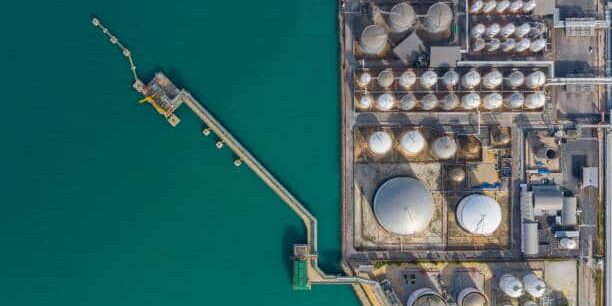A significant collaboration has been formed to launch a regional helicopter ambulance service, aiming to improve emergency medical care access for workers in the oil and gas sector across remote locations in Nigeria, West Africa, and the Gulf of Guinea. This initiative involves key players in aviation, emergency medical services, and healthcare logistics.
The partnership will combine their resources, expertise, and interventions to provide critical care aircraft, ensuring rapid response within the critical ‘Golden Hour’ for injured personnel. This development was highlighted during the signing of the Memorandum of Understanding (MoU) at a facility in Lagos over the weekend.
The agreement is set to create job opportunities and offer training for local professionals in aviation, medical, and logistics sectors. It aims to enhance rescue operations for injured personnel, offering transportation alternatives for stroke victims, heart attack patients, and others with traumatic injuries.
A representative from one of the collaborating organizations described the partnership as a significant step towards developing aeromedical capacity across more than 180 remote oil and gas locations within the Gulf of Guinea. The initiative includes the acquisition of a King Air aircraft equipped with advanced life support systems to drive its services. The partnership has received endorsements from regulatory authorities, including the Nigerian Civil Aviation Authority and the Ministry of Health, to improve emergency response times for offshore and remote oil platforms.
This collaboration marks a substantial advancement in providing critical medical care across remote locations, leveraging the collective strengths of the involved parties to establish a world-class air ambulance and HEM program. This program is expected to significantly impact the health and well-being of workers in the oil and gas industry in the region.
Another key figure in the partnership emphasized the timely nature of this collaboration, given the urgent need for quick emergency response solutions in the oil and gas sector. He highlighted the importance of having the right partners with global experience and the necessary personnel to drive success.
Key success indicators identified include high-quality equipment, skilled personnel, robust regulatory frameworks, and adherence to global best practices, all of which are expected to enhance the value chain and service delivery.
#ICTTMNews #BreakingNews #SupplyChainNews #EmergencyServices #OilAndGas #HealthcareLogistics







